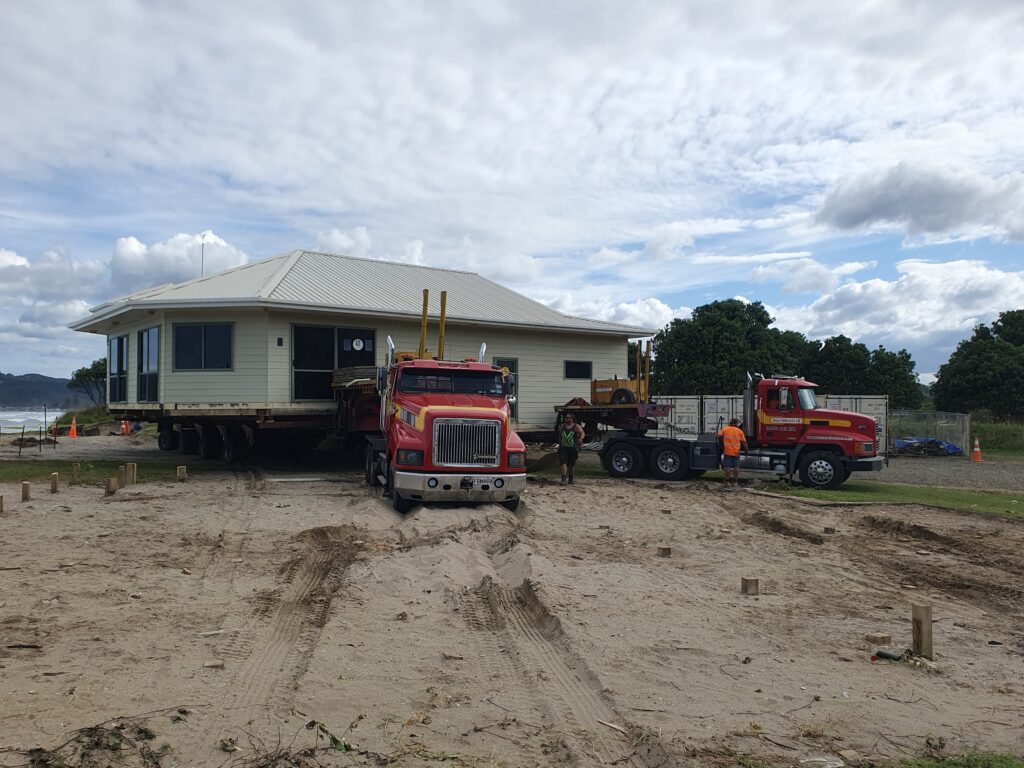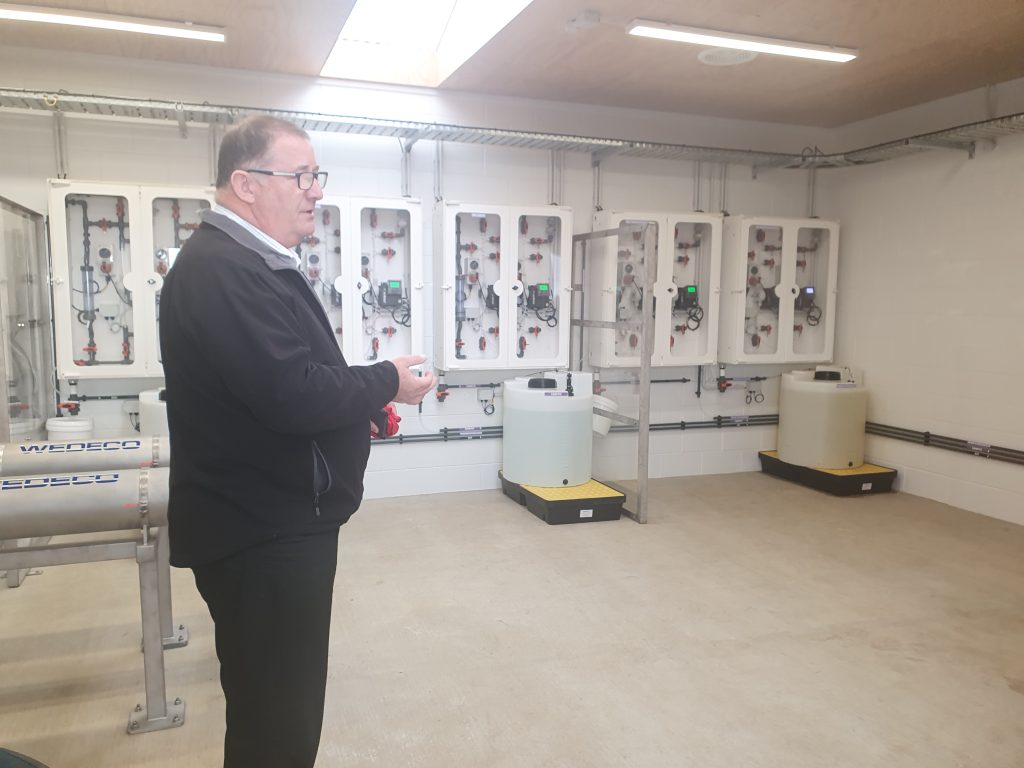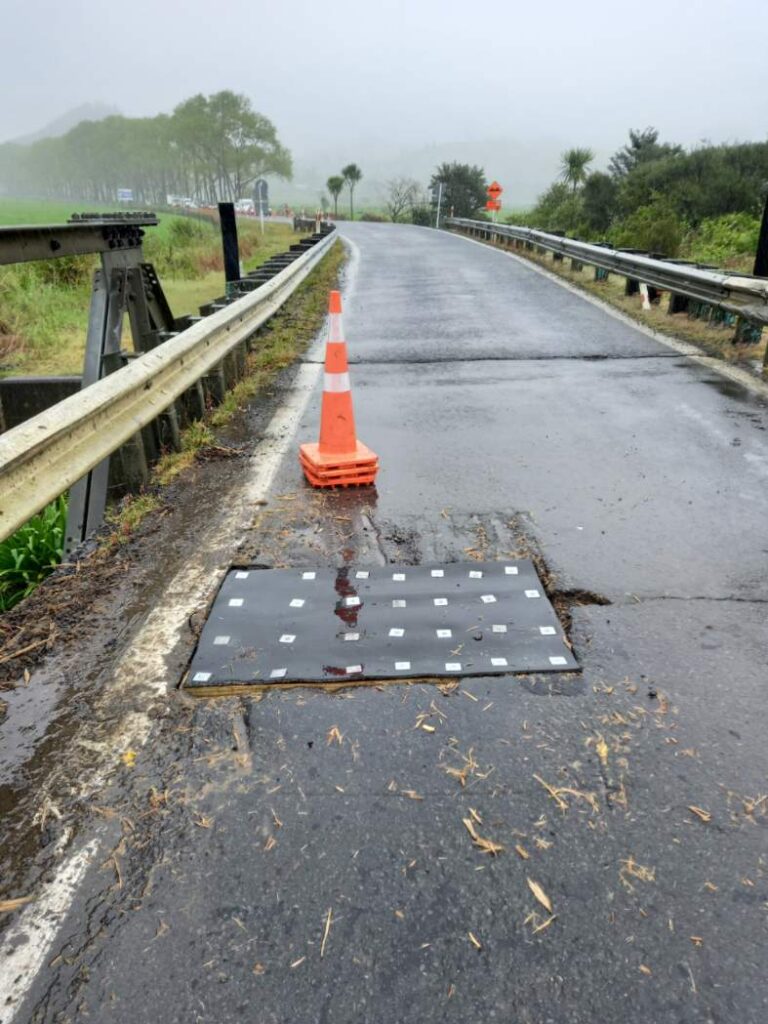COVID – WHAT TO EXPECT – PLAIN SPEAK FROM A NZ MEDICAL PRACTITIONER
Written by John Grant on October 7, 2021
This is a letter sent by a doctor to his Auckland based patients on the topic of what is likely to happen over the next few months. It makes interesting reading.
Hi everyone!
Wow! With the latest government announcement, Covid19 getting into Waikato and a whole bunch of things – there is a lot to unpack. I’m not the best with the technical details – although I can understand it, but I’m pretty good with analogies and translating things to something most people can understand – so I’ll try my best.
We are no longer pursuing an elimination strategy – we will be transitioning to a living with Covid19 scenario.
What the government has announced is pretty much that elimination is now impossible. Auckland will not be able to stamp out Covid19. Auckland will eventually seed all the other cities around New Zealand and Covid19 will essentially becoming endemic. Endemic means that it will stay permanently in New Zealand and there is little chance of getting rid of it.
Why has this happened?
Well – in the first 2-3 weeks of lock down, most people followed the rules and it was likely that Covid19 would have been stamped out by week 4.
Unfortunately by week 3-4, it was clear that quite a significant minority were not following rules, visiting other people in houses and spreading covid19. After awhile – it was clear that covid19 had spread to groups which include gangs, etc who are less likely to disclose where they have been and much less likely to comply with stay at home orders. At this point, probably all hope was lost. I’ll be honest with you – as annoying as it is to see a whole bunch of people gathering in Mission Bay beach on a sunny weekend – these guys are probably not spreading the virus because they are outdoors. It’s what we don’t see that is the problem – people moving from house to house, visiting and having parties.
By the time we moved to alert level 3 – the number of clusters had spread to an uncontainable number. Again – there is a lot of spread in groups which are much less likely to cooperate with contact tracers and stay at home orders.
What happens now?
Well – the virus will gradually spread more and more over the next few months. We should see numbers gradually go up. Also – because border controls around the Waikato operate on good faith – I expect to see the rest of the North Island cities such as Taupo, Rotorua, Tauranga get clusters in the next few weeks, and in a few months the whole North Island. South Island will probably get seeded in a few months. The speed of the spread will depend on what alert levels we are in – at level 3 it will be a slow burn, but at level 2 it will be gang busters and will spread quickly.
Why is this a problem?
Well – the issue with Covid19 is not the immediate hit. It usually takes 3-4 weeks to see a significant impact on the health system. As respiratory beds get filled up with patients with breathing difficulties, and ICUs get filled up with people who need ventilation – all other health services will stop functioning. Cancer surgery, heart operations, joint replacements, cataract operations etc that are not immediately urgent will all be delayed or cancelled. The knock on effect is that more people will suffer or die from other diseases because there aren’t any hospital beds and surgeries to look after them. Hospitals will start converting all their surgical beds into respiratory wards to look after sick covid19 patients.
What can be done to manage the hit on our health system?
Vaccinations primarily – for example if New Zealand was 99% vaccinated – we don’t even need any border restrictions. Covid19 will come in, make a handful of people sick, and then it would be over. Vaccination reduce the spread of infections massively for 3 reasons:
1. less people get sick, so less people pass it on 2. even if you do get sick, you get better almost twice as quickly so you have less time to make other people sick 3. much, much less people need to go to hospital or ICU, and almost no one dies Vaccination rates in Western style countries typically require mandates to hit high 80-90% vaccination rates. It’s the old carrot AND stick approach. Carrots are not enough (i.e. the promise of freedom, money, lotteries, gratefulness from the PM). Sticks generally involve mandates – no jab means no entry to public places like eateries, supermarkets, malls (done by France, worked really well), no job such as health care, essential services (done by USA and Australia – nurse vaccination rates went from 80 to 97%), no school (done by Australia) or potentially no benefits and no pensions (don’t think anyone has done this). Mandates are almost certainly needed and it’s mind boggling that the government has not instituted them – as it’s wasting a whole bunch of time that lock downs have bought.
I don’t want a vaccination – why should I have one?
Unfortunately – not vaccinating affects more than you – the whole country suffers.
Here’s an analogy of 3 scenarios that an endemic Covid19 spread can go. Imagine that you want to jump into a spa. That’s a hot pool of water that old people seem to enjoy going into. As I age, I seem to like it more. Didn’t like it when I was younger though.
Scenario 1:
Spa temperature is 100 celsius. You go in. You die very quickly because you’re cooked. This scenario is in a completely unvaccinated country where infection spreads like wildfire – hospital system collapses in 4 weeks. People are dying of heart disease and cancer because no one can operate on them. Morgues are full. Think Italy last year. This is bad.
Scenario 2:
Spa temperature is 35 celsius. Quite comfortable. You enjoy the spa. The temperature goes up by 1 celsius every few minutes. By 10 minutes, it’s getting painful at 40 celsius. In a few hours it gets to 100 celsius and then you die because you’re cooked. This scenario occurs with low vaccination rates – say about 50-70% of the population. Think USA right now. The unvaccinated population have filled up most of the hospitals in Republican states such as Texas and Florida. Important surgeries can’t be done. Patients sometimes have to drive to 3-4 hospitals to find one with room. This is quite bad.
Scenario 3:
Spa temperature is 35 celsius. It’s nice. It goes up 1 celsius every 10-20mins. It gets to 42 celsius after an hour – it’s uncomfortable, but you won’t die. Every now and then you add a bit of cold water to get it to 39 celsius where you are slightly uncomfortable but it’s manageable. This scenario occurs with 80-90% plus vaccination rates. As hospitals slowly get full, a partial lock down is called to slow the spread and then eased as hospitals have more capacity. This allows the population of unvaccinated people to slowly get infected and build natural immunity if they don’t die. After awhile, 100% of the population has a mix of natural and vaccinated immunity. This immunity is maintained with maybe yearly vaccinations of new strains (preferable) or infections (less preferable). This is quite good. Singapore is basically doing this – ~ 95% of their eligible population is vaccinated, which equates to 81% of their total population being vaccinated. Their ICU and hospital capacity is many times greater than ours. They are currently having ~ 2500 infections and 5 deaths a day. They’ve introduced level 3 like restrictions for a week or so to allow their hospital systems to be able to cope. They expect about 5000-10000 infections a day at the peak. They will do better than us, our numbers are expected to be worse.
Scenario 4:
Spa temperature is WHATEVER you find most comfortable. You are comfortable forever and never want to leave. Vaccination rates are 99%. This is the unicorn scenario – it will never happen but it’s nice to dream.
As you can see – in all scenarios they are 2 main tools – the big tool is the vaccination. The small tool is the lock down. Essentially the unvaccinated group will determine the entire course of the country.
Think about it this way –
1) The entire country is a bus driving down a windy road. All the passengers are the vaccinated population. The driver is the unvaccinated population. They determine the road taken or the cliff that is driven over. This is not an exaggeration. And even if it is – is this an experiment that is worth doing?
It’s important thing is to remember big tools and small tools. The big tool is vaccination. the small tool is lock down.
2) Again – another analogy. What is the most important thing that is done to improve road safety? If you’re thinking seat belts – you’re completely wrong. It’s the training and licensing of car drivers that allows them to drive safely. It keeps them and you safe. The seat belt is the small tool that keeps you safe.
Vaccination is the key to getting all your freedoms back, and opening up in a safe way to the rest of the world. Please get vaccinated if you haven’t already done so, even if you don’t feel like it. If you have any concerns, please email me any time and I will try to answer your questions.
Last year, when Covid19 first came to NZ and they were no vaccines available – my classmates and I were genuinely scared of dying. We would go to sleep with anxiety and think to ourselves every morning – is it worth dying for our job? We now have much more confidence to go out and serve you – and not worry about dying. We still don’t want to get sick though – and I’m sure you don’t either.
Remember – if you are unvaccinated – you literally hold the fate of the entire country in your hands (or unvaccinated shoulder). It is an awesome responsibility. Please, please consider vaccinations – and ask as many questions as it takes to make you feel comfortable. Without you, all of us will suffer.
What can I do as an individual to make things more comfortable through the endemic phase?
After some discussion with colleagues and some self reflection – these are things that I think will mostly benefit the individual and is worth doing:
* Get your 2nd covid shot as soon as possible. Don’t wait 6 weeks, do it in 3 weeks. The main difference is that the memory T-cells after 6 weeks are slightly higher – and the assumption is that the efficacy is better. This has not been proven though as the studies mostly just measured antibodies, not who gets sick more often. It’s likely that the difference between 3 and 6 weeks is marginal. If you have school aged children, get them vaccinated quickly so that by the time school holidays end, your child is more likely to go to school double vaxed. Remember – that sweet child of yours can bring home Covid19. I got both my kids their 2nd shot today after 3 weeks. Do this quickly because once the government mentions this – vaccination centers will be full again.
* Private health insurance might be helpful – consider maintaining it or getting it for the next 2 years. If a lot of surgeries get cancelled in the public system due to covid patients overwhelming the public system, you can probably take advantage of the private system to get looked after. I’m aware that this will only serve to widen inequity but I did mention that this measure is only to benefit the individual.
* Be aware that we will likely be in permanent Level 2 like restrictions for 1-2 years. That means that if you have any gatherings planned i.e. weddings, 21st etc – aim to make them maybe outdoors and with 50 people etc so that you won’t get a shock later on. Be prepared for Level 3 like restrictions intermittently as hospital systems get overwhelmed.
Final words…. hope you found something useful in it.
Name withheld
Auckland based medical practitioner






John briggs On October 8, 2021 at 12:20 pm
Very, very good advice. Shame a minority will not vaccinate and another Group will just ignore best advice.